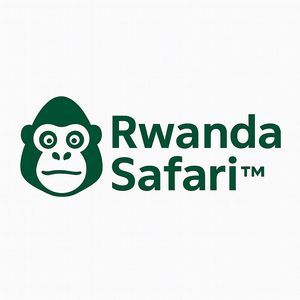Where is Rwanda and why is it called the “Land of a Thousand Hills”?
Rwanda is a compact, land-linked country in East Africa bordered by Uganda, Tanzania, Burundi, and the DRC. Its rolling terrain and volcanic highlands inspired the nickname “Land of a Thousand Hills.”













